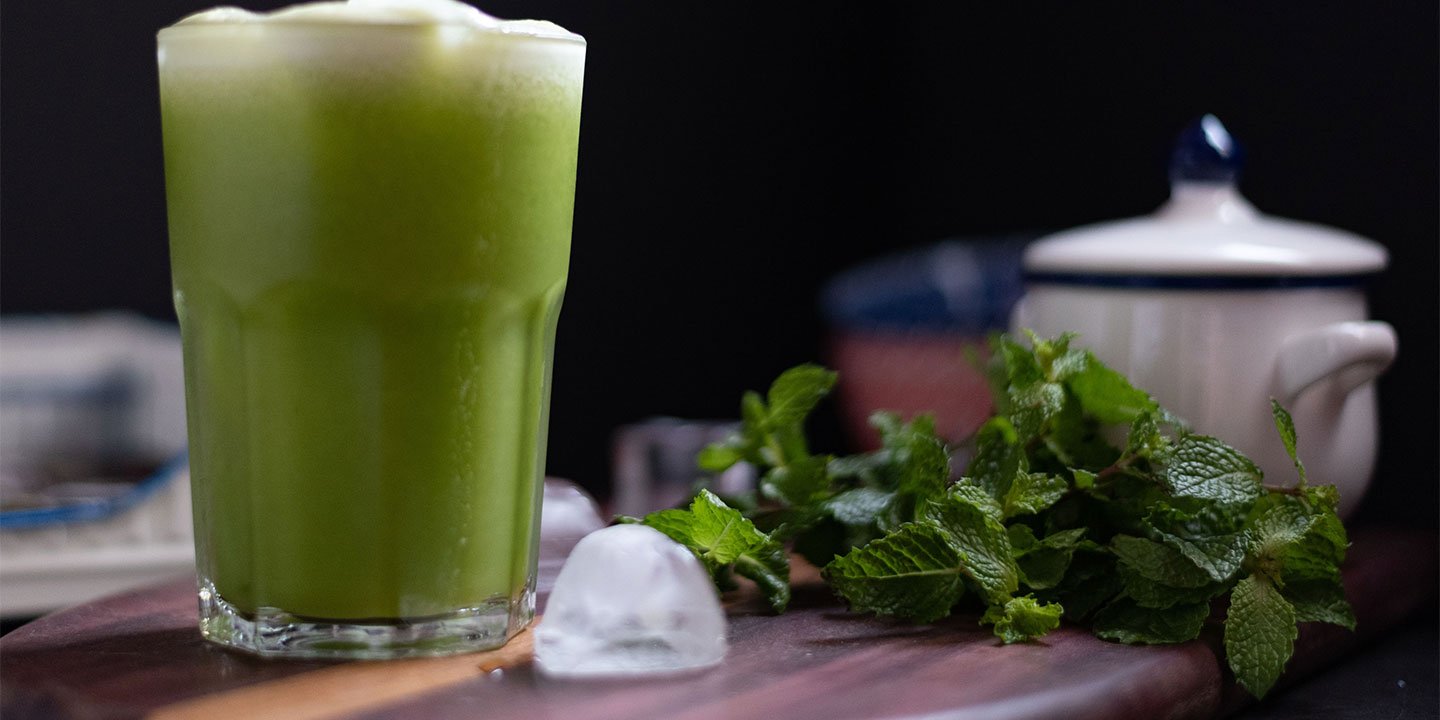
Detoxification
Detox Step 8: Kidneys
The kidneys have a primary role in breaking down and eliminating chemical, heavy metal toxins, regulating fluids and conserving minerals and proteins.
| Lifestyle and Diet Tools | High fiber green veggies (cabbage, arugula, cauliflower, red peppers, kale); fruits (blueberries, red grapes, strawberries, apples); adequate water intake (4-6 glasses daily at a minimum); avoid excessive sugar and salt; minimize NSAID use |
| Nutritional Support Tools | Cranberry fruit, manganese, vitamin C, K, B6, A |
| Herbal Tools | Healing 360 Kidney Support and Detoxification |
| Nutraceutical Tools | Anthocyanins, flavonoids, and carotenoids |
| Drainage Remedies | Renelix drops (Pekana) |
| Glandular Therapies | Cytozyme KD, grass fed bovine kidney |
| Oxidative Support Tools | GSH, vitamins A, C, E, selenium, NAC, ALA, berries, kale, taurine, L-cysteine, quercetin, curcumin, pycnogenol, resveratrol, green tea extract, carotenoids alfa and beta |
| Detox Tools | Kidney cleanse |
| Genetic Support | Specific treatments dependent upon genetic profile |
Kidney Detox in Detail
The kidney is a major filtering organ that can be overwhelmed in the presence of environmental toxins. The kidneys are crucially important filters fundamental in the role for overall health and vitality of our heart, brain and eyes. They are essential in balancing fluids, and recycling them when needed to avoid dehydration. The kidneys also recycle needed minerals that would otherwise be lost through the bladder. The kidneys also filter urea from the blood.
1. Lifestyle and Dietary Tools
Drink enough water for optimal health. Adults should consider drinking 4-6 glasses of water a day. Hydration is essential for the kidneys to work optimally.
Eating high fiber green veggies, such as cabbage, arugula, cauliflower, red peppers, and kale are good for the kidneys.
Fruits such as blueberries, red grapes, strawberries, and apples.
Minimize excessive sugar, as too much sugar can damage the kidneys.
Do not overdo salt which makes it harder for the kidneys to filter out toxins.
Good fats for the kidney are olive oil and egg whites.
Minimize NSAIDS such as Ibuprofen, because higher doses and/or consistent use can damage the kidneys.
2. Nutritional Support Tools
Cranberry fruit, manganese, vitamins C, K, B6 and A.
3. Herbal Tools
Healing 360 Kidney Support and Detoxification
4. Nutraceutical Tools
These nutrients have multiple positive effects and these can help the kidney and urinary system:
Anthocyanins Nutrients found in supplements from bilberry and black current
Flavonoids Supplements from citrus and green tea with nutrients like Rutin, and Quercetin from Products like Genestra’s Super Flavonoids or Now’s Bioflavonoid Complex.
Carotenoids Nutrients such as Lutein, Zeaxanthin and Astaxanthin found in supplements such as Pure Encapsulations Vit A with Carotenoid Complex.
5. Drainage Remedies
Renelix drops (Pekana) for stimulating and detoxifying the kidney, bladder and urological tract.
6. Glandular Therapies
Cytozyme KD (Biotics brand) glandular support for the kidney
Ancestral Grass Fed Bovine Kidney second choice for a kidney supportive glandular
7. Oxidative Support Tools
Liposomal glutathione
Healing 360 Antioxidant Support Herbal Formula
Antioxidant berries: Goji, pomegranate, and acai
8. Detox Tools (Extra Credit)
Kidney cleanse. There are a number of kidney cleanses available and we will cover these in an upcoming document about this important practice.
9. Genetic Support
Specific treatments dependent upon genetic profile.
Our picks for most effective Kidney interventions
INTERVENTION #1: Lifestyle and Dietary Tools
Always start with Detox Tool #1: Avoid exposure and work with dietary and lifestyle measures first.
INTERVENTION #2: Drainage Remedies
Renelix drops (Pekana) for stimulating and detoxifying the kidney, bladder and urological tract.
INTERVENTION #3: Herbal Tools
Healing 360 Kidney Support and Detoxification